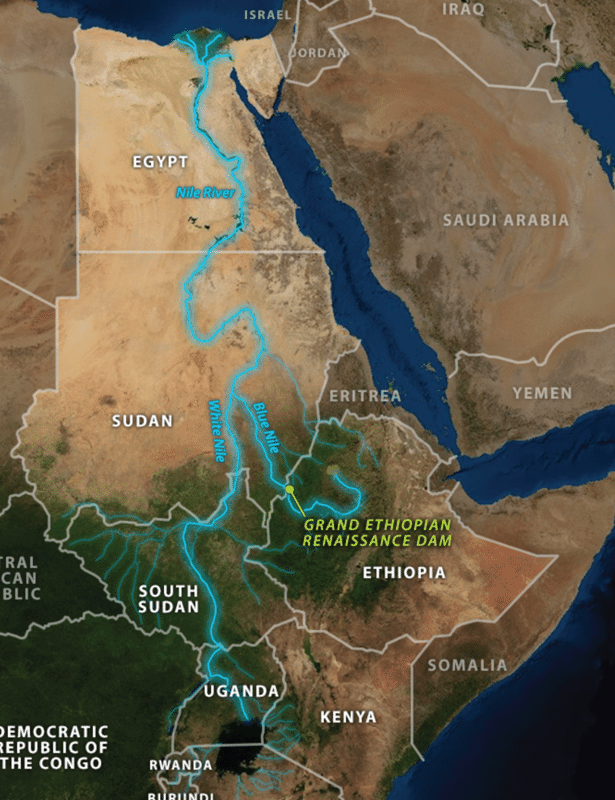The seventy-five years between 1805 to 1880 were dominated by Egypt’s Mohammed Ali and his descendants expanding their territories far beyond Egypt. Some historians divide this period into two phases: the rule of Mohammed Ali (1805 – 1848), where the interest focused on expanding Egyptian territories in the Red Sea region, and the period from 1860 – 1889, when Egyptian leaders sought to control the source of the Nile River, which led to Khedive Ismail, the half-nephew of Mohammed, fighting the Ethiopians.
Mohammad Pasha (Ali Pasha al-Mas’ud Ibn Agha) ruled Egypt for 43 years (1805 -1848), making him the longest ruler in the history of modern Egypt. He was born in Kavala in Ottoman Macedonia. His parents were from Albania and, when he grew up, joined the Ottoman army, where he rose to the level of commander. When Napoleon occupied Egypt, the Sublime Porte (the Ottoman seat of government) sent him to free Egypt from French occupation. After Napoleon’s withdrawal, according to many sources, Muhammad Ali made several political maneuvers to assume power and, in 1805, was named as Wali (Viceroy) of Egypt and gained the rank of Pasha (Pasha was a high rank in the Ottoman political and military system, granted to governors, generals, dignitaries and others. It was also one of the highest titles in the 20th century Kingdom of Egypt).


Recent Comments